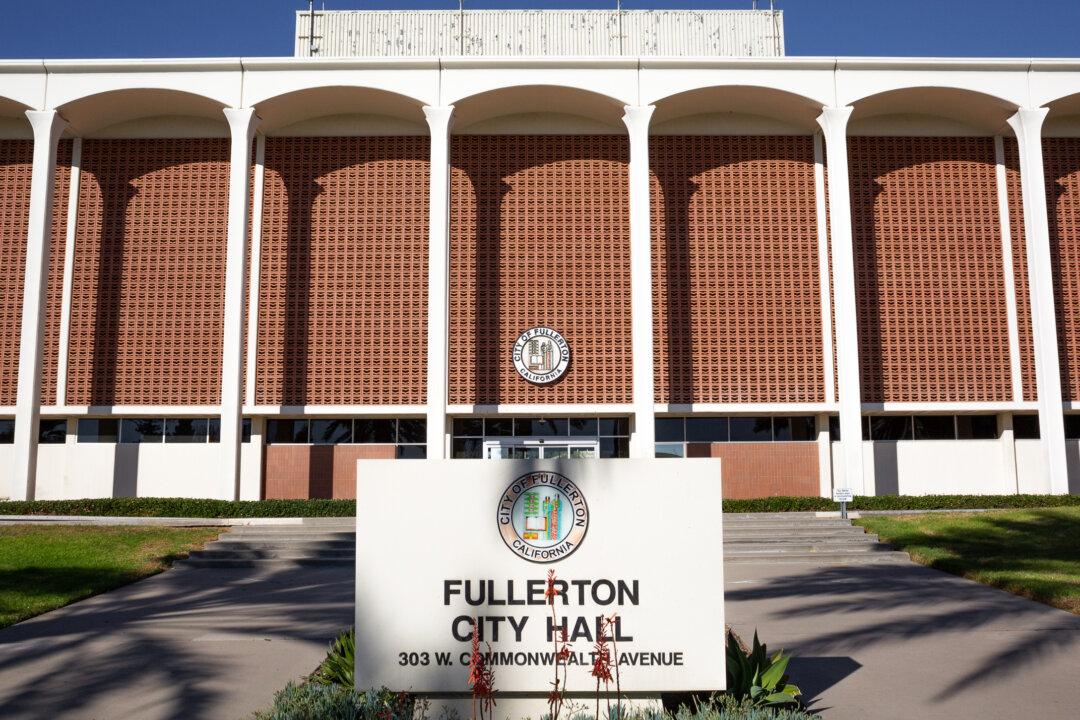Fullerton City Council is moving to tighten its existing short-term rental (STR) rules by forbidding the practice in cases where the homeowner is not present during the rental period.
During its April 20 meeting, the council moved to prohibit whole-house STRs with a 3–2 vote. It will conduct a second reading of the amended ordinance during its next meeting.





